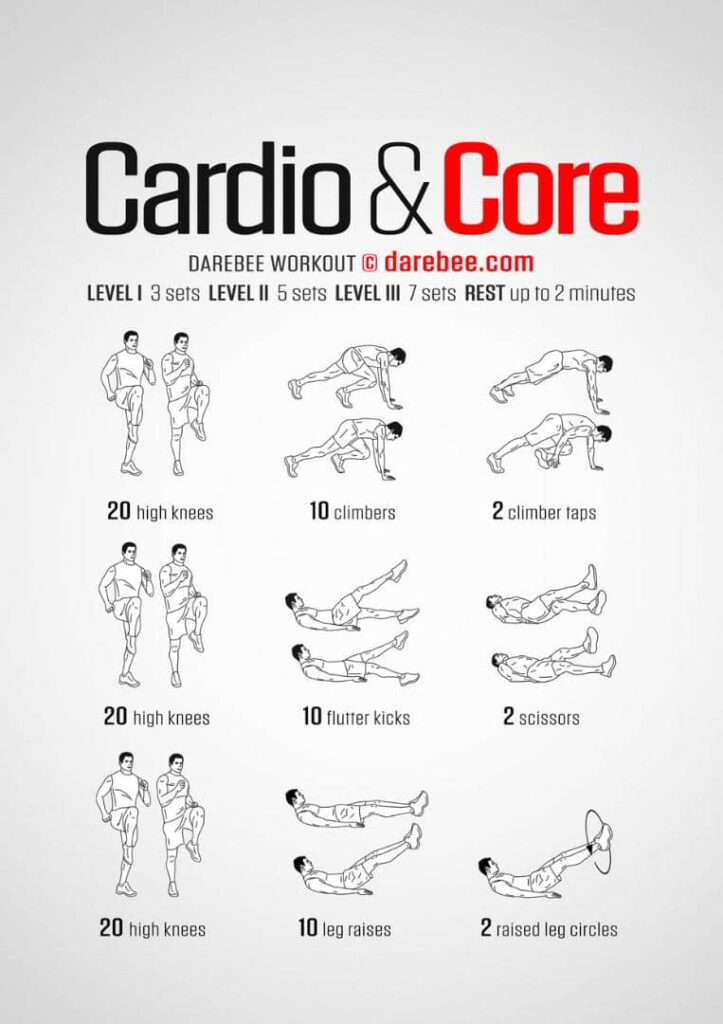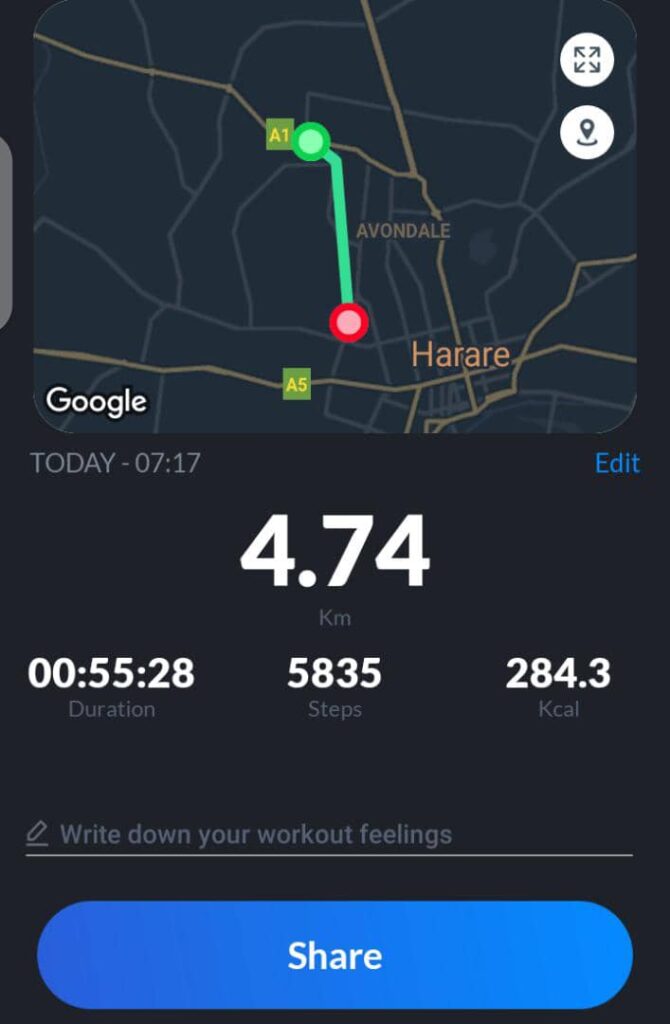News
A step in the right direction
March 16th 2021
The mental toll of being a member of the LGBTI community in Zimbabwe amidst the COVID-19 pandemic is huge but young people are innovating sustainable solutions. Our EMDIYA Young Person Advisory Group member in Zimbabwe, Kudzai Diana Kanyere details her experience and how she is making a difference.
Homophobia across different levels and magnitudes is the leading reason for psychological distress and mental illness in the LGBTI community as highlighted by Grace Badza, Consultant and Psychological Counsellor for GALZ, an association for LGBTI people in Zimbabwe. Being a homosexual in a largely conservative Christian country where homophobia is enshrined by a history of chants from the late Robert Mugabe who likened gay people to being worse than pigs. The COVID-19 pandemic has made the situation increasingly unbearable, as many are forced to spend their days in a hostile environments with homophobic attitudes from parents, guardians, and siblings coupled with the removal of access to safe spaces. This milieu calls for urgent action and a comprehensive solution or, more realistically, just a few steps in the right direction.

An example workout shared in the group.
What excites me the most about this innovation, is the use of a social media platform to drive physical activity and in turn mental wellness. As an LGBTI youth who sits on the Ethics for Mental Health Digital Innovation for Young People in Africa (EMDIYA) Network, this poses a practical opportunity to engage with young people on arising ethical issues such as appropriateness and safeguarding. We bring together people from different circles of life, sectors, and generations to provide real mental health support for young people through digital technology.
This innovation has not only deepened my understanding of ethics in digital mental health, but also supported me to stay fit physically and mentally. In recent times, I have struggled deeply with anxiety despite on the outside seeming have it all under control. I work as an intern at arguably the best LGBTI organisation in Zimbabwe, or maybe even Africa. I have a reasonable allowance that allows me to buy a pair of shoes for my mother every month and can save for my fees. In addition, my job was safe from the dismissals that came with the COVID-19 pandemic. Sadly, this has not made me ‘resistant’ or ‘safe’ from mental illness. As a solution or a step in the right direction, I walk to work every morning to feel better. On the worst days I let the tears fall as I walk. I have found that taking a walk, lifting weights or just 5 push ups, is more than enough to exercise the mind and push forward. This exercise builds resilience and strength, whilst giving a reason to hold on and keep trying.

A member of the group evidencing their exercise to encourage others.
Fellow community members who are part of the Happy Feet work out group echo this impact of exercise on their mental health:
Carol an LGBTI community member says: “Mental health is not just the absence of mental illness but a holistic feeling of being well, being able to make decisions, and function effectively in all spheres of life. Mental health services are available but I am not sure if the response is comprehensive for the direct needs of queer people. I use exercise to work on my mental health and boost my mental health capabilities. In the Happy Feet group, we talk about once a month about our mental health and how exercise helps us. I think this online platform is well designed as it uses local languages. The language barrier is my greatest challenge with digital online spaces as too often people from different parts of the country or world presume that everyone can understand English. In online counselling spaces, the default language is English. These online spaces usually use audio or video which makes it difficult for those who are blind of deaf. Also, having access to data and a phone that actually connects to the internet is difficult for a lot of young people. So many young people are still left out despite efforts to make digital fitness accessible to all. Having access to Happy Feet has helped me to understand the benefits of exercise and a healthy diet, and I learnt that all aspects of myself can work effectively. Even when things are bad I look to the gym as therapy.”
While this may not seem like much, it surely is a step in the right direction. Being a Youth Advisor for EMDIYA has opened my mind to thinking towards coming up with strategies that are inclusive but not intrusive, to ensure that no one is left behind from achieving the best and highest possible mental health wellness.















